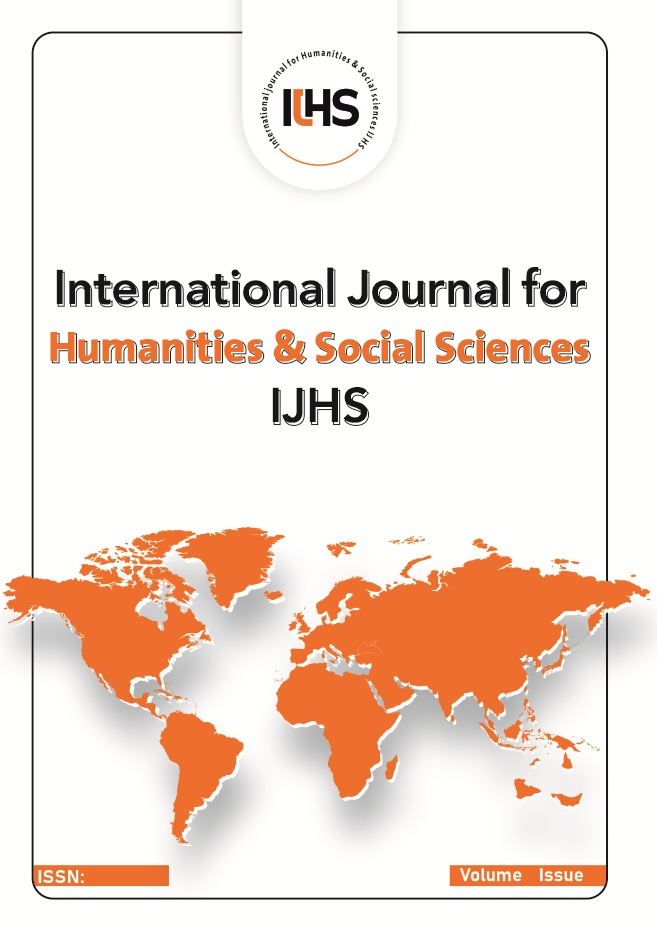French as a ''spoil of war'' and a springboard for accelerated teaching/learning and effective mastery of other foreign languages, especially English in Algeria in the era of globalization.
Main Article Content
Abstract
This study aims to highlight the value of French (L2) as a starting point for the teaching/learning of other foreign languages in Algeria, in particular the dominant English language. Recently, the latter has become more valuable in Algerian society and continues to occupy an increasing place in the language market and in the Algerian university. The influence of a foreign language on another target language, which was previously considered negative (impact), can now have a positive contribution in that it is likely to bring linguistic gains that facilitate the acquisition and proficiency of a second foreign language, such as English, which is considered a second foreign language in Algeria. In this perspective, we will try to analyse the different sociolinguistic situations and representations of the teachers of French-speaking English students who learn English at the level of the Intensive Language Teaching Centre of the University of Oum El Bouaghi with the intention of knowing the contribution of French as a support language to the acquisition of the English language, in particular the vocabulary. In addition, it will be analysed in order to understand and discover the importance of the French language as a spoils of war in the teaching/learning of English through language transfer. Therefore, the closed questions, but especially the open questions, will aim to get more information from the target speaker of the Intensive Language Teaching Centre of our university, especially the English language teachers.
Article Details

This work is licensed under a Creative Commons Attribution 4.0 International License.
International Journal for Humanities and Social Sciences (IJHS) is licensed under the http://creativecommons.org/licenses/by/4.0, which allows users to copy, create extracts, abstracts, and new works from the article, alter and revise the article, and make commercial use of the article (including reuse and/or resale of the article by commercial entities), provided the user gives appropriate credit (with a link to the formal publication through the relevant DOI), provides a link to the license, indicates if changes were made, and the licensor is not represented as endorsing the use made of the work. The authors hold the copyright for their published work on the IJHS website, while IJHS is responsible for appreciate citation of their work, which is released under http://creativecommons.org/licenses/by/4.0, enabling the unrestricted use, distribution, and reproduction of an article in any medium, provided that the original work is properly cited.

